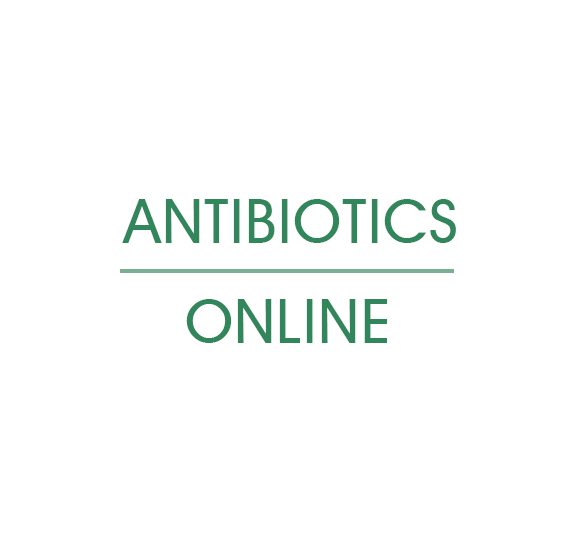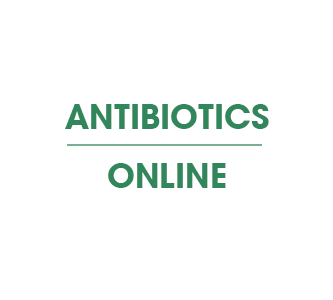Acne: treating pimples, but also their after-effects
Acne is one of the many problems that occur during adolescence. But it can also appear in adulthood. What is acne? Can it be stopped? What treatments are available? What about isotretinoin? What can be done about the scars that acne sometimes leaves behind? We take a look.
Acne is the number 1 problem for teenagers. 80% of them suffer from it to varying degrees. Adults, however, are not spared: almost one in two may suffer from acne from time to time.

What causes acne?
The skin is made up of three layers: the epidermis, the dermis and the hypodermis. These layers are criss-crossed by tiny pockets that contain a hair. The sebaceous glands produce sebum, a fatty substance that lubricates the hair and protects the skin from drying out.
Sometimes too much sebum is produced, especially during adolescence when hormonal production is at its highest. This is known as hyperseborrhoea and gives the skin a shiny appearance. Too much sebum has trouble evacuating, and a clog can form. This leads to inflammation and the appearance of a pimple, first white, then black when the sebum has oxidised. In most cases, acne affects the face (83%), but it can also affect the back, neck or chest.
Open comedones are the famous evening spots, pores blocked by melanin that look black. Closed comedones are tiny cysts under the skin.
Inflammatory acne takes the form of small papules (without pus) or, more severely, pustules (with pus) and nodules. Adolescence is clearly the critical period when acne can seriously disrupt social life.
Progesterone is thought to be one of the causes of acne flare-ups. But acne is an inflammatory disease, caused by the bacterium Propionibacterium acnes, which explains why local gel treatments now combine an active ingredient (such as benzoyl peroxide or retinoic acid) with a local antibiotic. When they are indicated, antibiotic tablets such as cyclins should be prescribed for 6 to 12 weeks and should not be combined with local antibiotics.
Isotretinoin: an effective but criticised treatment
When local treatments and certain antibiotics fail to eradicate acne, and when it is widespread and very severe, patients are sometimes prescribed isotretinoin. This is a heavy treatment, requiring very careful monitoring because of the many side-effects and risks involved.
Isotretinoin is a highly effective molecule, but it has significant potential side effects. It is prescribed by dermatologists, and requires certain precautions and special monitoring for women.
Isotretinoin is a derivative of vitamin A acid. Isotretinoin is taken in tablet form, and the molecule is metabolised during digestion. It then travels through the bloodstream to the sebaceous glands under the skin. The molecule then attaches itself to the receptors on these glands, atrophying them and reducing their sebum secretion. The result is drier skin and less acne.
Isotretinoin is generally effective, but should not be taken lightly. Because of the risk of foetal malformation, women must take contraception and have a pregnancy test every month. This may take the form of an IUD, a progestin-only implant, oral contraception combined with a condom and emergency contraception if they forget. Another possible side effect of treatment is dry skin.
On average, the effects of treatment on the skin can be observed after three weeks.
In 2015, the criteria for prescribing retinoic acid were clarified: it is indicated in cases of polymorphic acne (different types of associated lesions: comedones, cysts, pustules, papules) after failure of a 2 to 3 month course of antibiotics; microcystic retention-type acne as soon as scars appear or as soon as there are psychological repercussions. The concept of total cumulative dose is taken into account and should be between 75 and 150 mg per kilo. Dermatologists are advised to pay particular attention to the risk of depression.
How can acne scars be treated?
To treat the pink scars left by acne, some dermatologists suggest the laser technique. One or two sessions are generally sufficient.
For pigmented scars, it is possible to accelerate depigmentation, or lightening, using depigmenting creams.
Permanent scars are generally improved by abrasive laser treatment. Microneedling, a type of pen made up of small needles, is reserved for scars that are not very pronounced.
The psychological and social consequences of acne
The psychosocial repercussions for all acne sufferers are particularly negative. And adolescence is clearly a critical period.
A study of 12-25 year-olds was carried out by the Expert Acne group. It shows that 64% of moderate acne sufferers are sad and 59% of severe acne sufferers feel aggressive. For more than half of them, acne affects intimate relationships and contact with friends.
What treatments are available to prevent acne recurrence?
Acne is a difficult infection to treat. Treatments are restrictive, improvement is slow and recurrences are possible. There are several treatments, which are of course adapted to the type of skin and the extent of the infection.
To treat acne, some patients are offered skin cleansing by their dermatologist. Unlike the treatments offered in beauty salons, this is a medical procedure that involves deep cleansing of the skin. Although skin cleansing can be carried out in hospital in extremely rare cases, it is more often than not carried out in GP surgeries.
Creams, lotions and gels can also be applied locally to pimples. They contain either vitamin A acid or benzole peroxide, which reduce sebum secretion and play an anti-inflammatory role locally.
Antibiotics may also be prescribed by dermatologists. They should be taken orally for a maximum of six weeks.
Hormonal treatment, with oestrogen and progesterone, can counteract the action of testosterone, which promotes acne.
The more aggressive isotretinoin (better known as Roaccutane®) acts primarily on blackheads. This type of treatment is particularly effective, but also very toxic. It is reserved for severe forms of acne.
In the event of resistance to the various treatments or in the event of recurrence, it is advisable to have a hormonal check-up.

